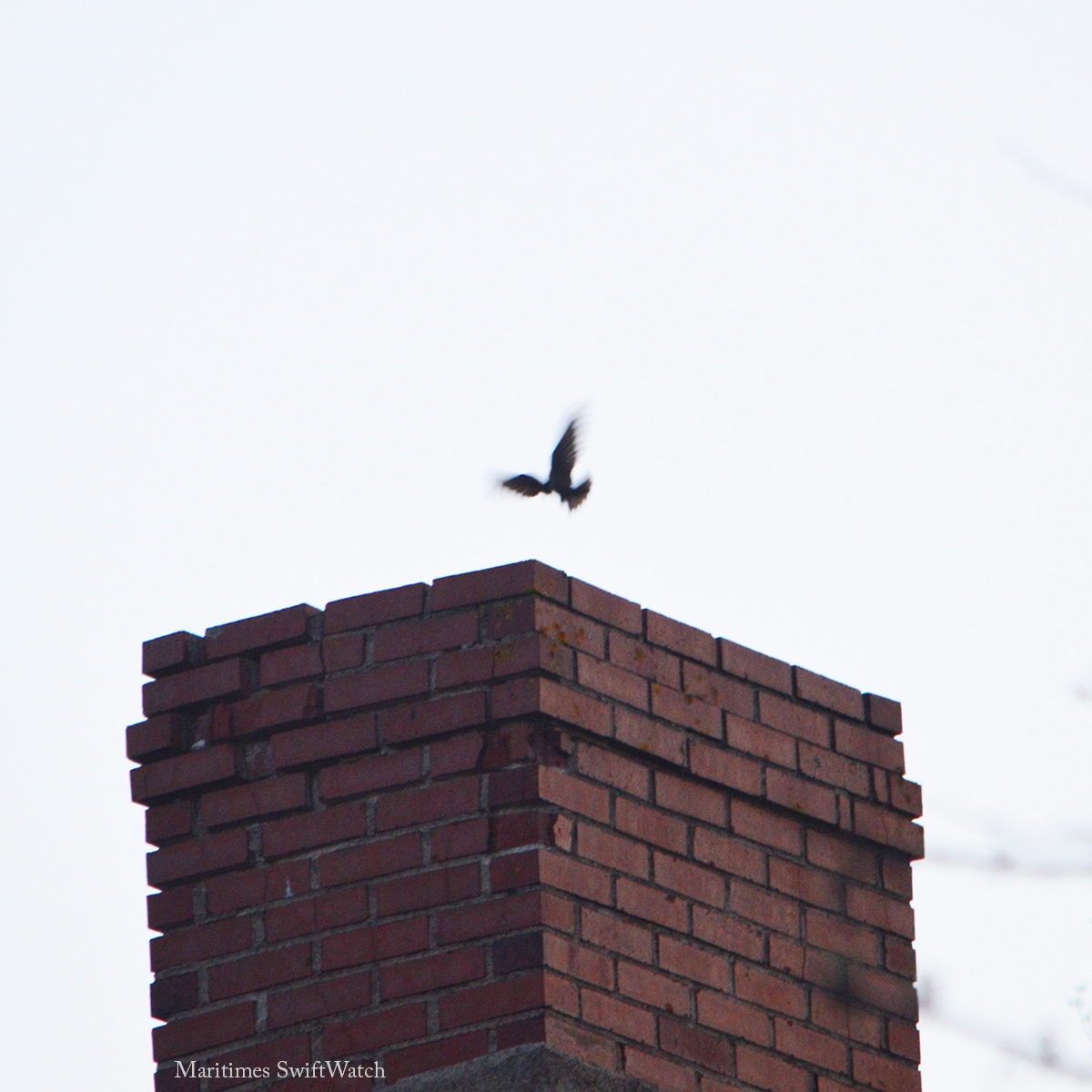Maritimes Marsh Monitoring Program

American Coot Photo: Bill Winsor
Volunteer opportunity:
We are looking for Marsh Monitoring volunteers in Nova Scotia and New Brunswick, especially in the Tantramar-Chignecto and the Grand Lakes/Oromocto regions, to adopt existing routes and/or develop new routes. A Marsh Monitoring volunteer conducts point count/playback surveys at 3-10 individual stations along a route. Point counts are each 15 minutes long, and entail writing down the birds you see and hear at the point, following a specific protocol. The playback survey is incorporated into the point count and includes broadcasted calls of five secretive marsh bird species to encourage them to respond.
Is it for me?
Marsh Monitors are required to know (or confidently learn) our 12 primary species by sight and sound. Marsh routes typically range from 2-4 km and can involve uneven ground. Volunteers may need to provide their own broadcast equipment for the call playback (a speaker connected to a phone or mp3 player). The time commitment for volunteering is about 12 hours per field season, not including your commute to and from your route.
Learn more and get involved:
Please visit the program page for more information or contact the program coordinator, Lena Dietz Chiasson: ldietzchiasson @ birdscanada.org
Maritimes SwiftWatch (New Brunswick and Nova Scotia)

Chimney Swift Photo: Maritimes SwiftWatch
Volunteer opportunity:
Volunteer surveyors count Chimney Swifts as they enter a roost chimney – an amazing spectacle to observe! Counts take one to two hours around sunset on four to five standardized dates in late May and early June. In 2022, the dates are: May 21 (optional), May 25, May 29, June 2, and June 6. There are about 30 known roost sites in NB and NS, so contact us to learn about one near you or tell us about roost sites that you have observed in case it is new to us (marswifts @ birdscanada.org).
Is it for me?
This New Brunswick and Nova Scotia volunteer opportunity requires: the ability to distinguish the Chimney Swift from other birds in the “aerial insectivore” group (swallows and nightjars), the ability to count/rapidly estimate swift numbers, and at least four or five available evenings in late May and early June (and additional days in June and July if interested). No special equipment is needed, but a camera and tripod to take video is beneficial, and binoculars to view the swifts before the count begins are nice.
Learn more and get involved:
Please visit the program page or contact the coordinator, Graham Sorenson: marswifts @ birdscanada.org. You can also learn more about this unique species in our Chimney Swift blog post!
Newfoundland Breeding Bird Atlas

Photo: Catherine Dale
Volunteer opportunity:
The island of Newfoundland has been divided into 10 km by 10 km squares, which are being systematically surveyed for birds between 2020 and 2024. Atlassers spend time birding in one or more of these squares during the breeding season (May – Aug.) and submit their sightings to the online database.
Is it for me?
Anyone with access to a pair of binoculars and the desire to learn about birds can participate, as long as they only report species they can confidently identify. Options for participation vary, depending on volunteer experience, fitness, and time commitment, and range from reporting incidental sightings (very little time required) to conducting point counts (birding experience and larger time commitment required).
Learn more and get involved:
People interested in the owl survey should contact Dr. Catherine Dale at cdale@birdscanada.org or call 613-484-1217. They can also register for an Atlas webinar on April 4th (7:30 pm NDT) here.
Newfoundland and Labrador Nocturnal Owl Survey

Boreal Owl Photo: Jared Clarke
Volunteer opportunity:
Volunteers survey 10 stops on a pre-defined route for owls one night between 1 April and 15 May. We are looking for volunteers to adopt existing routes and/or develop new routes in areas with no current coverage.
Is it for me?
The NL Nocturnal Owl Survey is perfect for beginning birders, as there are only few species calls to learn. Anyone who likes owls, science, staying up late, and a good cup of hot chocolate should consider participating in this survey!
Learn more and get involved:
People interested in the owl survey should contact Dr. Catherine Dale at cdale @ birdscanada.org or call 613-484-1217.
